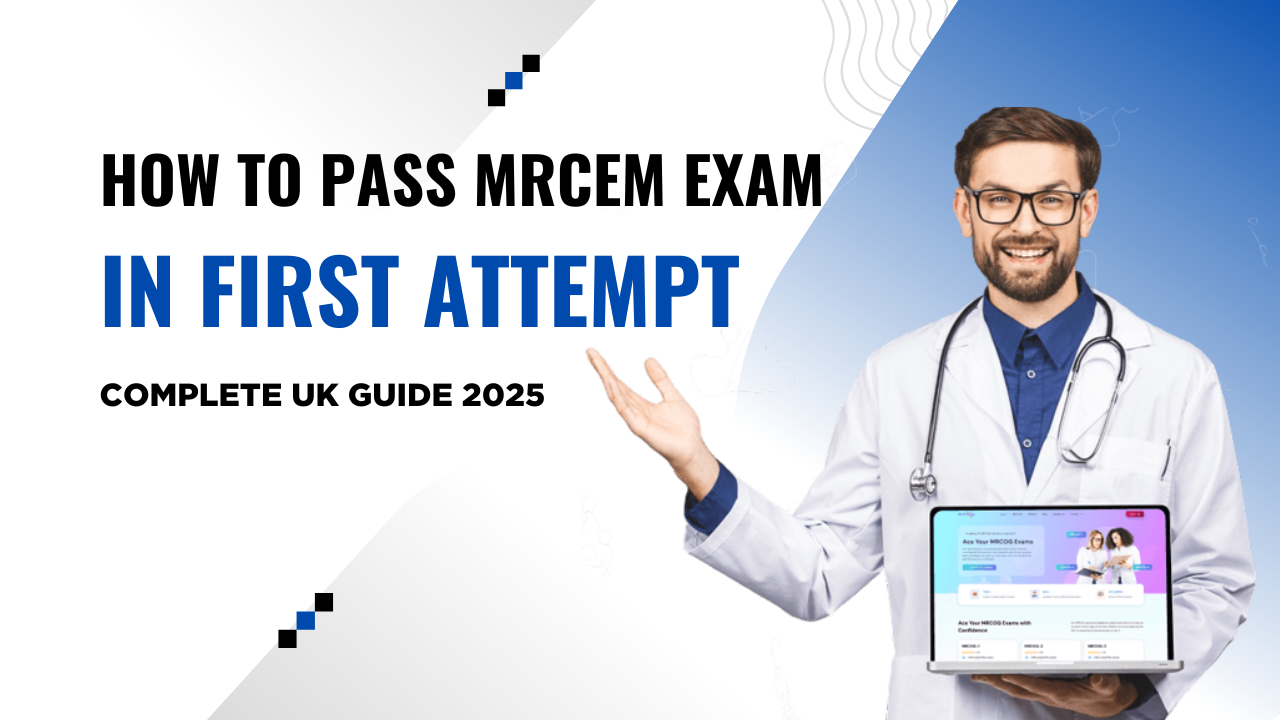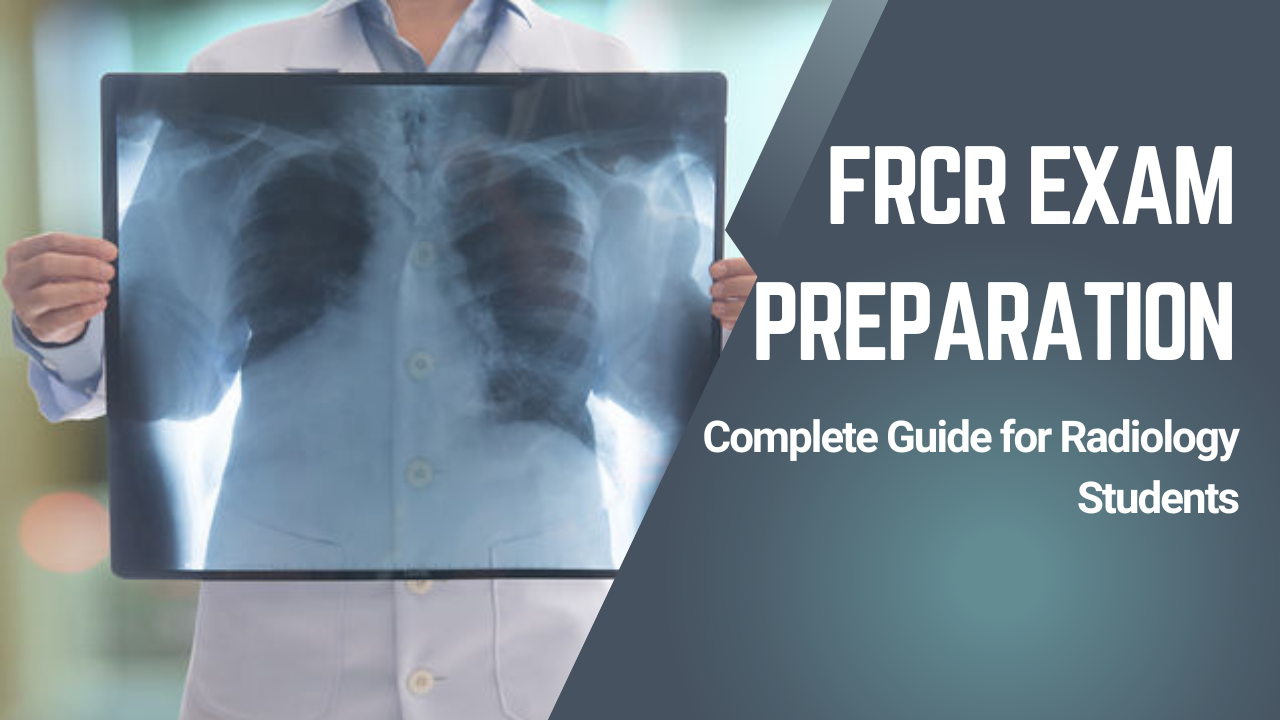If you are an international medical graduate aspiring to work in the UK, you may be wondering how to pass PLAB 1 and PLAB 2 successfully. The Professional and Linguistic Assessments Board (PLAB) exams evaluate whether your medical knowledge, clinical skills, and English proficiency meet UK standards. This comprehensive guide will help you understand the structure of PLAB 1 and PLAB 2, provide expert tips, and offer strategies to maximize your chances of success.
Understanding PLAB 1 and PLAB 2
PLAB 1 is a computer-based multiple-choice exam consisting of 180 questions. It assesses your ability to apply medical knowledge to clinical scenarios, covering specialties such as internal medicine, surgery, pediatrics, obstetrics and gynecology, psychiatry, and ethics.
PLAB 2 is a practical Objective Structured Clinical Examination (OSCE) designed to evaluate your clinical and communication skills. The exam includes 18 stations simulating real-life scenarios, including history-taking, physical examination, counseling, and practical procedures.
Understanding the structure and expectations of both exams is the first step in effective preparation.
PLAB 1: Expert Tips and Strategies
1. Familiarize Yourself with the Exam Format
Before diving into preparation, understand the layout and types of questions in PLAB 1. The exam includes single best answer multiple-choice questions, testing clinical reasoning, decision-making, and knowledge application. Knowing the exam format helps reduce surprises on the test day.
2. Create a Structured Study Plan
Developing a realistic and structured study schedule is crucial. Allocate dedicated time for each specialty, with more focus on weaker areas. Include weekly mock exams to monitor progress and adjust your study strategy accordingly. Time management is essential to ensure you cover all topics before the exam.
3. Focus on High-Yield Topics
Certain subjects appear more frequently in the exam. These include:
- Internal Medicine: Cardiology, respiratory, gastrointestinal, renal disorders
- Surgery: Trauma, common surgical emergencies, pre- and post-operative care
- Pediatrics: Growth, immunization, common childhood illnesses
- Obstetrics and Gynecology: Antenatal care, labor management, common gynecological conditions
- Ethics and Law: Consent, confidentiality, patient safety
Prioritizing high-yield topics helps you focus on the areas most likely to appear in the exam.
4. Practice with Question Banks
Practicing with reputable question banks is one of the most effective ways to prepare for PLAB 1. Repeated exposure to exam-style questions helps you understand patterns, improve accuracy, and increase speed. Simulating timed exams also helps manage time pressure during the real test.
5. Avoid Common Mistakes
Many candidates fail due to avoidable mistakes, such as over-relying on memorization, neglecting weaker subjects, or ignoring exam timing. Focus on understanding concepts rather than rote learning, and practice time management diligently.
6. Develop Critical Thinking Skills
PLAB 1 is not just about recalling facts—it tests your clinical reasoning. Practice interpreting clinical scenarios, analyzing lab results, and making evidence-based decisions. This approach improves accuracy and prepares you for PLAB 2.
PLAB 2: Expert Tips and Strategies
1. Understand the Exam Structure
PLAB 2 consists of 18 OSCE stations, each lasting approximately 8 minutes. The stations assess practical clinical skills, communication, and patient management. Common station types include:
- History taking
- Physical examination
- Communication with patients and relatives
- Clinical procedures
- Ethics and professionalism
Understanding the types of stations helps you plan your preparation effectively.
2. Practice with a Study Partner
Role-playing with a study partner allows you to simulate real exam conditions. Practicing scenarios such as breaking bad news, counseling patients, and performing clinical exams improves confidence, reduces anxiety, and enhances performance during the actual exam.
3. Record and Review Practice Sessions
Recording your practice sessions helps identify mistakes in communication, body language, or examination techniques. Reviewing your performance allows for continuous improvement and fine-tuning of your skills.
4. Master Effective Communication
Communication is a key component of PLAB 2. Focus on:
- Clear and concise explanations
- Active listening
- Empathy and professionalism
- Appropriate use of medical terminology
Strong communication skills not only help in the exam but are also critical for practicing medicine in the UK.
5. Dress Professionally and Maintain Composure
Adhering to professional dress codes, such as short-sleeved shirts or blouses and appropriate footwear, ensures comfort and professionalism. Additionally, maintain composure and confidence throughout each station, as examiners evaluate not only your clinical skills but also your demeanor.
Additional Strategies for PLAB Success
1. Review GMC Guidelines and MLA Content
The General Medical Council (GMC) regularly updates guidelines and standards for medical practice in the UK. Familiarize yourself with the GMC’s PLAB resources and the Medical Licensing Assessment (MLA) content map to ensure your preparation aligns with UK requirements.
2. Join Online Communities
Participating in online forums and communities such as Reddit’s PLAB preparation groups or medical Facebook communities helps you share experiences, clarify doubts, and stay motivated throughout your preparation.
3. Maintain a Healthy Lifestyle
Physical and mental well-being significantly impacts exam performance. Ensure adequate sleep, a balanced diet, and regular exercise to boost concentration and reduce stress during preparation.
4. Manage Exam Day Anxiety
Even well-prepared candidates can face anxiety on exam day. Techniques such as deep breathing, mindfulness, and visualization can help you stay calm and focused.
Frequently Asked Questions (FAQs)
1. How long should I prepare for PLAB 1 and PLAB 2?
A focused study plan over 3 to 6 months is recommended for PLAB 1, while PLAB 2 usually requires 1 to 2 months of intensive practice with clinical scenarios.
2. Is PLAB 2 more challenging than PLAB 1?
PLAB 2 tests practical skills and communication, which can be more challenging for candidates who lack hands-on clinical experience. Consistent practice can significantly improve confidence and performance.
3. Can I take PLAB 1 and PLAB 2 in quick succession?
Yes, but ensure adequate preparation time between exams to consolidate knowledge and skills.
4. Are there exemptions from PLAB exams?
Certain medical graduates from European Economic Area (EEA) countries may be exempt, but eligibility must be confirmed with the GMC.
5. What are the best resources for PLAB preparation?
A combination of question banks, clinical skill guides, and mock exams provides comprehensive preparation. Practice with timed tests and simulated OSCE scenarios to maximize success.
Conclusion
Success in PLAB 1 and PLAB 2 requires dedication, planning, and consistent effort. By understanding the exam formats, focusing on high-yield topics, practicing regularly, and honing communication skills, you can increase your chances of passing on your first attempt. This guide explains how to pass PLAB 1 and PLAB 2 effectively, providing strategies and tips to help you succeed. Remember, the journey to becoming a licensed medical professional in the UK is challenging but achievable with the right mindset and preparation strategy.
With disciplined preparation, a structured approach, and a focus on both theoretical knowledge and practical skills, you can confidently navigate the PLAB exams and move closer to your goal of practicing medicine in the UK. How to Pass PLAB 1 and PLAB 2






